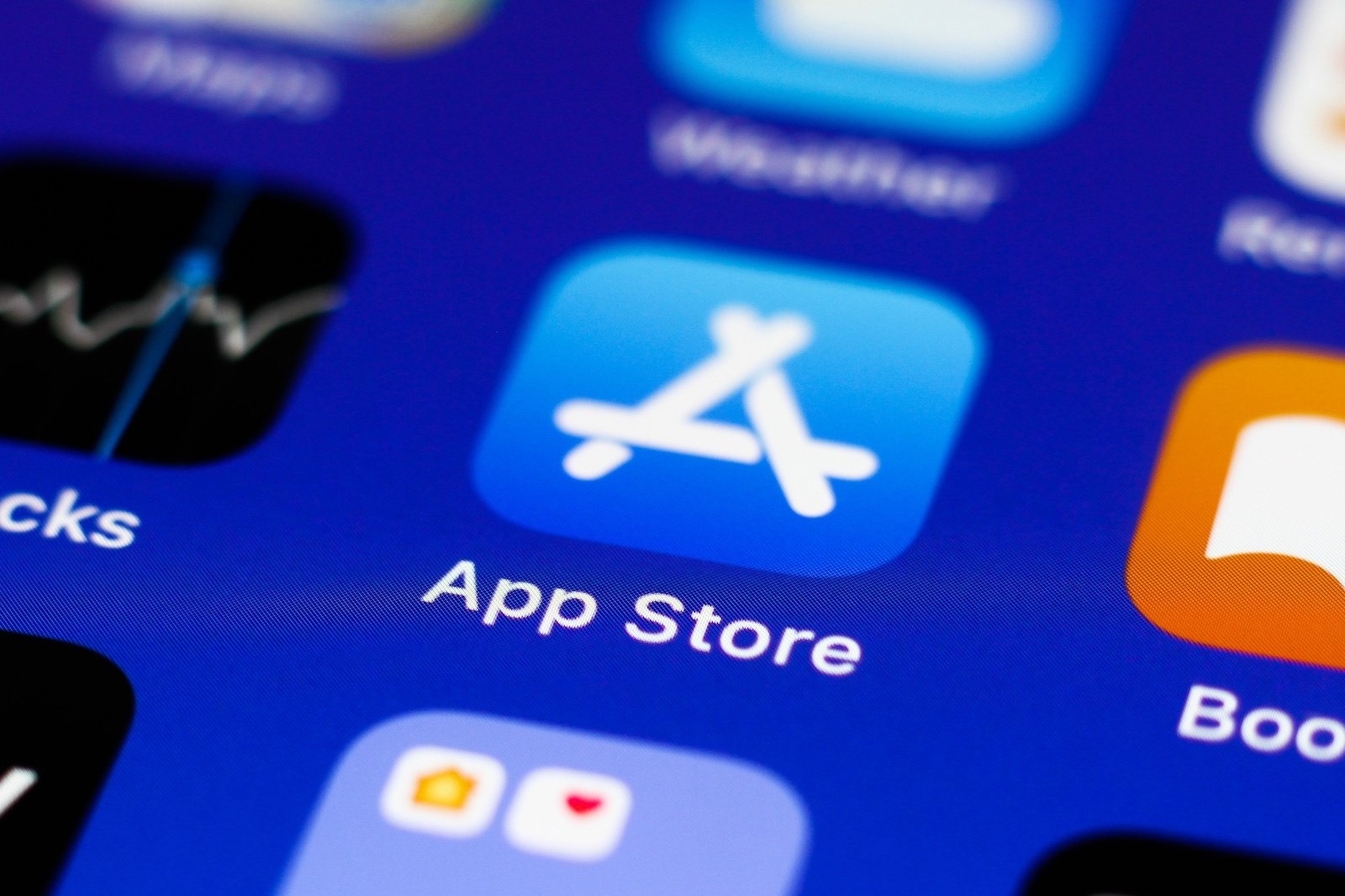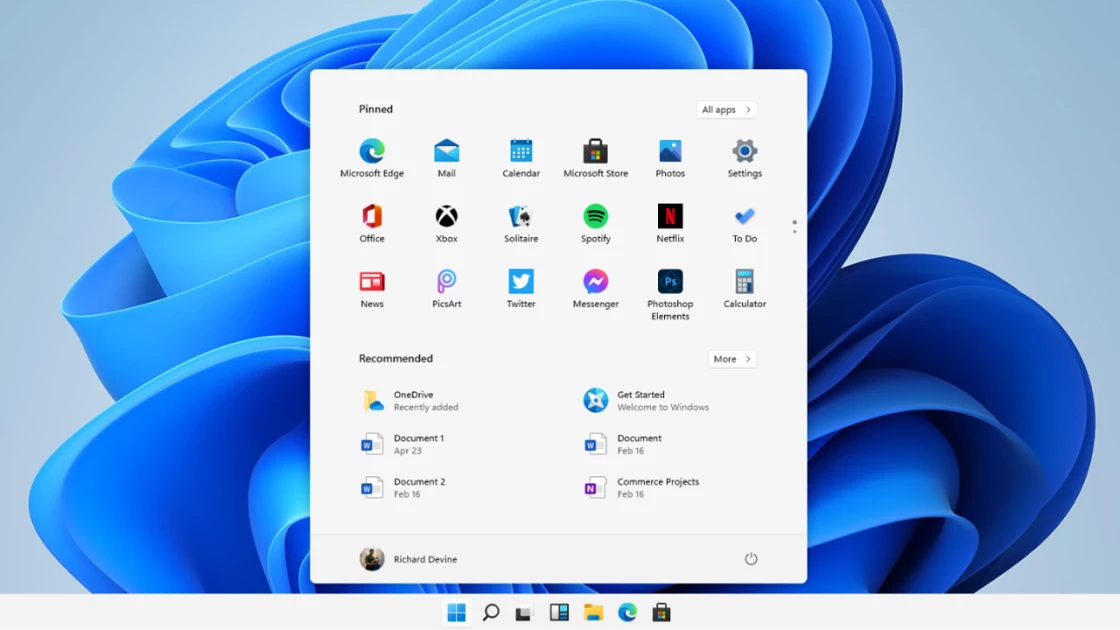
as it states bloombergEmployees in Apple’s software and services divisions are engaged in a major effort to “unlock” key elements of iOS, according to people familiar with the effort. Under the changes, users will be able to download third-party software to their iPhones and iPads without using the company’s App Store, bypassing Apple’s restrictions and the up to 30% commission it charges on app and game purchases.
These moves — a major reversal of policy Apple has pursued since day one of the iPhone’s launch — are a response to EU laws aimed at leveling the playing field for developers and improving consumers’ digital lives. For years, regulators and app makers have complained that Apple and Google, which operate the two largest smartphone app stores, wield as much power as “superpowers.”
If similar laws are passed in other countries, Apple’s plan could lay the groundwork for introducing them in other regions, according to information from Bloomberg, but it’s clear that the company’s specific changes are initially designed to take effect only in Europe.
However, the news boosted the shares of companies providing dating services and other apps. The share value of Match Group Inc. jumped up to 10% and Bumble Inc. rose as much as 8.6% – a sign that investors think companies could run away from Apple shares. Spotify, the most popular music streaming service, has seen its share value rise as much as 9.7%. Apple shares have changed little.
The new European law on digital markets It was called the Digital Markets Actwill take effect in the coming months, but companies are not required to comply with all the rules until 2024. Government officials in the United States and other countries have pushed for similar laws, but they have not gone as far as the European Union.
The law requires tech companies to allow third-party apps to be installed and to allow users to more easily change default settings. The rules require that messaging services work together and that third-party developers have equal access to core functionality within apps and services.
The new laws are expected to apply to technology companies with a market value of at least 75 billion euros ($80 billion) and at least 45 million monthly users within the European Union.
Leading the changes under way at Apple is Andreas Wendker, a longtime vice president of software engineering who reports to Craig Federighi, the company’s most senior software executive. Also joining is Jeff Rubin – Apple’s Senior Director of Services Engineering, who reports to Chief Services Officer Eddy Cue.
Apple has a great deal of resources for the entire project across the company. The move was not a popular initiative within Apple, Bloomberg reports, as the company has spent years deploring the need for “sideloading” — the process of installing software without using the official App Store. Lobbying against the new European laws, Apple has argued that sideloading can put unsafe apps on consumers’ devices and undermine privacy.
Some engineers working on the project also see it as a distraction from the usual day-to-day development of future iOS and iPadOS features. The company aims to have the changes ready as part of the iOS 17 update that will be released late next year, which will be compatible with all requirements.
Best known for it, Epic Games, the creator of the hit game Fortnite in a legal battle With Apple for App Store fees. After Epic tried to bypass the show with Fortnite, Apple removed the game from its online store, in a surprising move. In the ensuing battle, Epic accused Apple of using antitrust practices, but a US court ruled that the iPhone maker had not violated federal antitrust laws.
To help protect against unsafe apps, Apple is discussing the idea of imposing certain security requirements even if the software is distributed outside the App Store. You may also need to have such apps verified by Apple – a process that may require a fee. Within the App Store, Apple takes a 15% to 30% share of the revenue.
The report also says that Apple has not made a final decision on whether it will comply with the part of the Digital Markets Act that allows developers to install third-party payment systems within their apps. This would allow users to buy a subscription to a video streaming app (such as Netflix) or purchase in-app content from a game, without Apple being involved in the whole process.
As part of an agreement with the Japanese government, the company already allows some media and cloud applications to refer users online to complete transactions. But the Digital Markets Act requires Apple and the tech giants to move forward with “unlocking” the restrictions they have placed on their platforms.
Apple is also opening up more of its proprietary interface to third-party apps. These are the basic frameworks that allow apps and features to interact with Apple devices and core system functions.
Currently, third-party web browsers, including Google Chrome browsers, are required to use WebKit, Apple’s rendering engine. As part of its plan to comply with the new law, Apple is considering removing this limitation as well.
Apple is also opening up other features to third-party apps, including more camera tech and the NFC chip, at least in a limited way. Currently, only the company’s Wallet app and Apple Pay service can use the iPhone’s NFC chip to enable the device’s digital wallet function. Apple has faced pressure to allow third-party financial apps to have the same capability.
However, the company hasn’t made a decision on how to open up iMessage and the messaging app to third-party services — another requirement of the Digital Markets Act. The company’s engineers believe such a change could harm the end-to-end encryption and other privacy features offered by iMessage. The company is also not currently considering integrating RCS, or Rich Communication Services, a messaging protocol that Google and others are pushing Apple to adopt.
Apple is still discussing further opening up the Find My network for accessories, such as Tile, that compete with the AirTag. The Find My network allows AirTags to provide their location to their owner by using surrounding Apple devices as beacons. While Apple has been offering this functionality to third parties since 2021, Tile and others have reported that the company is offering additional benefits at the platform level to create it.
The European Union, which includes France, Germany, Italy and Spain among its 27 countries, has threatened fines of up to 20% of the company’s annual global revenue if it repeatedly breaks the law. Apple had nearly $400 billion in global revenue in fiscal 2022, which would put such a fine in the $80 billion range.
Apple generated about $95 billion in revenue from Europe alone, which includes the European Union and the United Kingdom, during fiscal 2022. This revenue base is likely to be affected when the company makes changes, which make the App Store less profitable.
Overall, though, Apple should be able to absorb the financial impact. The App Store makes up 6% of total revenue, and Europe’s contribution to that is likely to be less than 2%, according to analysts Anurag Rana and Andrew Girard of Bloomberg Intelligence.
This wouldn’t be the first time Apple has made major changes to comply with local laws. Early next year, the company plans to remove the Lightning port and integrate a USB-C port into the next iPhones in order to meet EU regulation. In China, the company has made many concessions. This included using a local provider to host iCloud data and changing AirDrop settings in a way that would make it difficult for protesters to share information.
-
5
-
5

“Total alcohol fanatic. Coffee junkie. Amateur twitter evangelist. Wannabe zombie enthusiast.”






More Stories
After 14 years, Apple will do the unheard of on iPads
NASA: Stunning images of lava lakes and mountains on Jupiter's moon Io
On May 7, the new iPads from Apple will be presented – Apple